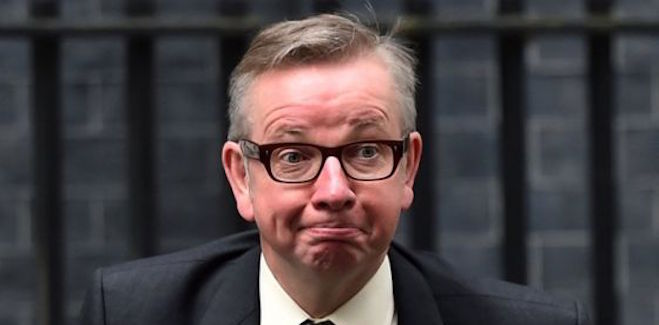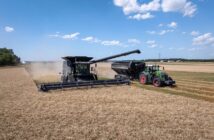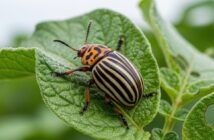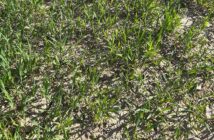In an article in the Guardian this morning Michael Gove has indicated that the UK will back a total ban on insect-harming pesticides across Europe.
This decision effectively reverses the governments previous position when the EU banned the use of neonicotinoids in 2013 and the UK was one of the countries opposing the ban and follows the news that 75% of all flying insects have disappeared in Germany over the last 25 years.
Mr Gove said: “In 2013, the European Commission proposed a ban on the use of three types of neonicotinoids on flowering crops. At that time, the UK’s assessment was that there was insufficient evidence of a link between neonicotinoids and pollinator decline, but other member states took a different view and a ban was implemented across the EU.
“Since 2013, the evidence base has grown. The European Commission has now proposed the ban is extended to non-flowering crops. I asked the UK’s independent advisory body on pesticides to review the issue again. In their view, there is a growing body of evidence that indicates that the risks posed by neonicotinoids are greater than previously understood. They advise that the evidence now supports the restrictions introduced in 2013; indeed, there may also be a case for going further.
“The most recent studies into neonicotinoids have taken the investigation out of a laboratory into the field to gather more meaningful results. These show a number of worrying indicators. First, when neonicotinoids are used on one crop, their residues can be found across the landscape. This contaminates pollinators’ food sources far and wide, not only on the crops where the pesticide was used. Second, wider investigation has shown that neonicotinoids can persist in soils for many years and have been detected in areas where there has been no known recent use. Neonicotinoids are also taken up by flowering weeds or subsequent flowering crops on those soils, causing further exposure to pollinators. Although the effects are subtle, the most recent studies point to a discernible effect on food sources and the productivity of bee colonies, which could have a worrying long-term impact on their populations.”
The current process of emergency authorisations – used not just in the UK but across the EU – will remain in place, allowing the short-term, limited and controlled use of neonicotinoids in exceptional situations to control a threat that cannot be contained by any other reasonable means. Farmers will be able to apply to Defra who will take advice from the advisory body on pesticides and Defra’s chief scientist, with authorisations granted where the evidence is clear that neonicotinoid use is essential.
Greenpeace UK executive director John Sauven said: “Michael Gove is absolutely right to listen to the science and back a total ban on neonicotinoids. Study after study has shown these pesticides can harm bee colonies and contaminate our environment for years. Bees are vital not just to our countryside and wildlife but to the human food chain too as they pollinate many of the fruits and vegetables we eat. We cannot take any chances with their well-being. Now Gove should forge ahead with the promised reform of our broken farm subsidy system so that it supports the kind of agriculture that produces healthy food while also protecting our countryside.”
Dr Julian Little, a spokesperson for Bayer in the UK, said: “This is a bizarre decision and one that flies in the face of sound science. The Government’s own UK Biodiversity Indicators published only this summer show that butterfly, bee and hover fly population numbers have stabilised since 2011 and this was confirmed only earlier this week in response to a Parliamentary question. The suggestion that the extension of this ban to non-flowering crops, which pollinating insects do not visit, will somehow improve the health of bees is farcical.
“We do know from talking to farmers that such a ban would seriously impact the UK’s ability to grow high quality wheat, barley, sugar beet and some vegetable crops, just as UK farmers are trying to gear up to life after European subsidies. Farmers will have to resort to older chemical sprays to control damaging insect pests rather than the targeted seed treatments currently employed, and will have to use much larger quantities of slug pellets, just at the time when we are trying to reduce their use.
“Today’s decision is therefore a kick in the teeth for UK agriculture: it makes farmers less competitive, it means less environmentally friendly chemicals being used in the countryside, it means no improvement in the lot of bees or other pollinators, and it says to the green lobby that if you make enough noise, you can trump evidence-based policy making.”




